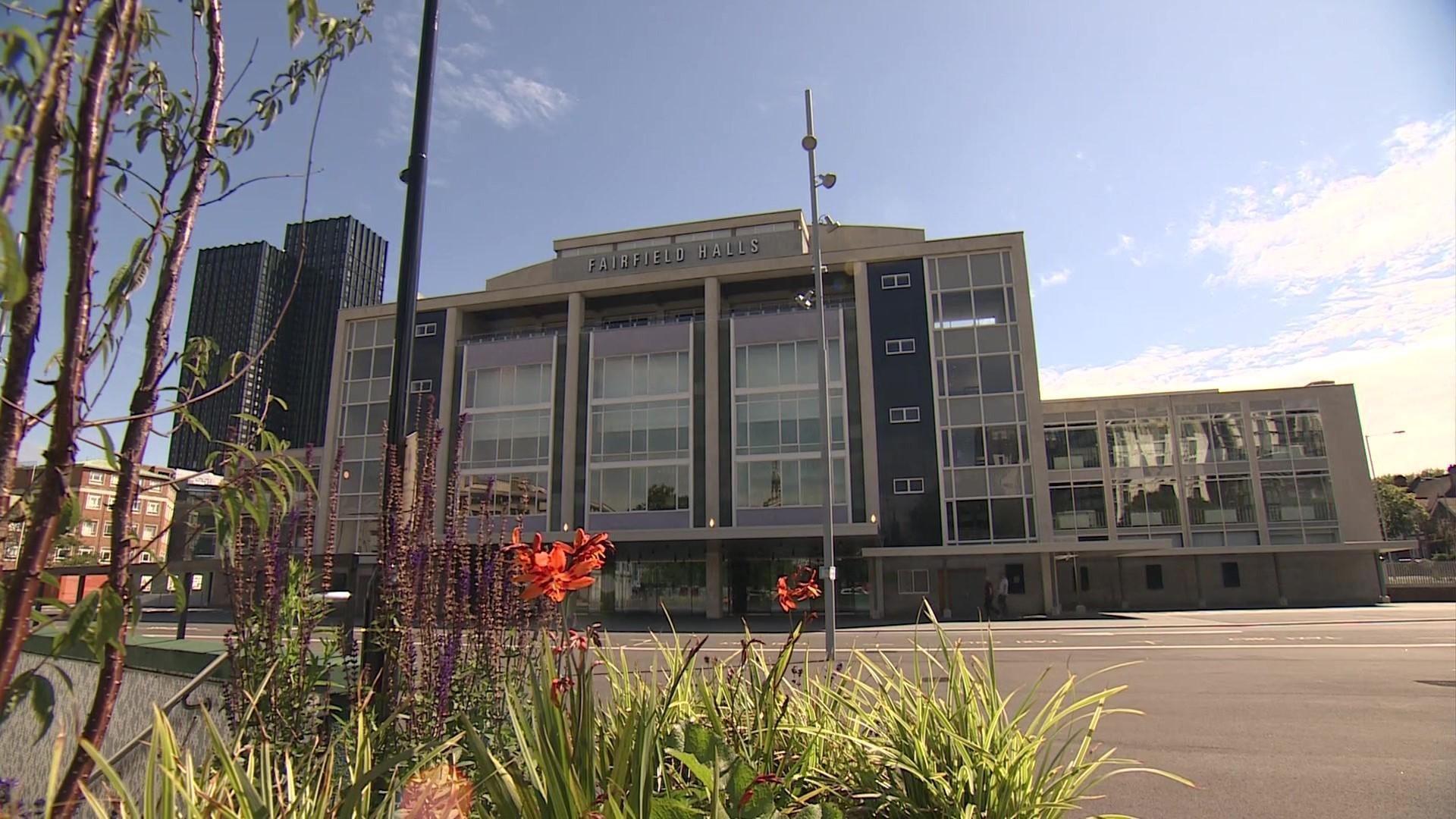England elections: Why a third of London's councillors are quitting
- Published
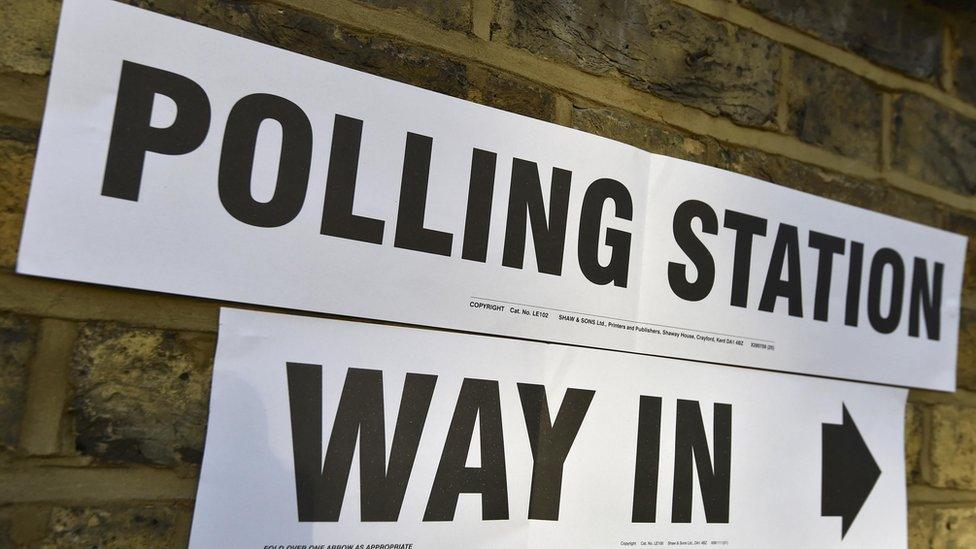
Almost a third of London's councillors are standing down ahead of the local elections, according to data obtained by the BBC. Figures show 546 councillors are heading for the exit, out of a total of 1,769. But what are the reasons behind this exodus?
It's thought to be one of the highest turnovers of elected representatives since councils were created in 1964.
The strain of austerity in local government is seen as one reason for the departures, according to one expert.
Another factor is the impact of Covid-19, with councillors fatigued from the pressures of helping people during the pandemic or reassessing their own personal priorities.
There's concern it could mean a loss of experience that will affect the quality of local services, although some counter that fresh talent could energise town halls.
Across London there are 32 boroughs, with councillors falling into two categories.
A leader appoints a cabinet of colleagues who are put in charge of individual portfolios like housing, environment and social care.
Together they decide policies and make the key decisions.
The remainder are backbenchers - both from the ruling and opposition parties - who deal with the case-loads of people in their areas, scrutinise and challenge policy and approve major decisions.
London elections 2022: The area run by four local councils
Councils have faced unprecedented financial pressure since the austerity policies of the coalition government formed in 2010.
At the same time they've contended with the turmoil of Brexit, the pandemic and an influx of refugees from Syria, Afghanistan and now Ukraine.
Jenna Goldberg from London Communications Agency - which has done a guide to the upcoming local elections - says there is a mix of factors.
"Ten years of austerity and two years of frontline pandemic response have likely and understandably exhausted people," she says.
"There is also a real and increasing perception that councillors' personal safety is at risk, for which many blame social media."
'Toll of the job'
Top of the capital's council exodus is Kingston-upon-Thames where 23 of the 47 councillors are calling it a day.
Sir Ed Davey - Kingston MP and leader of the Liberal Democrats - says there's a "strong degree of weariness" from functioning during the pandemic.
"It's personal reasons for some people but it's also the toll the job takes," he explains.
"It's hard to get things done and build relationships when you're doing so much by Zoom."
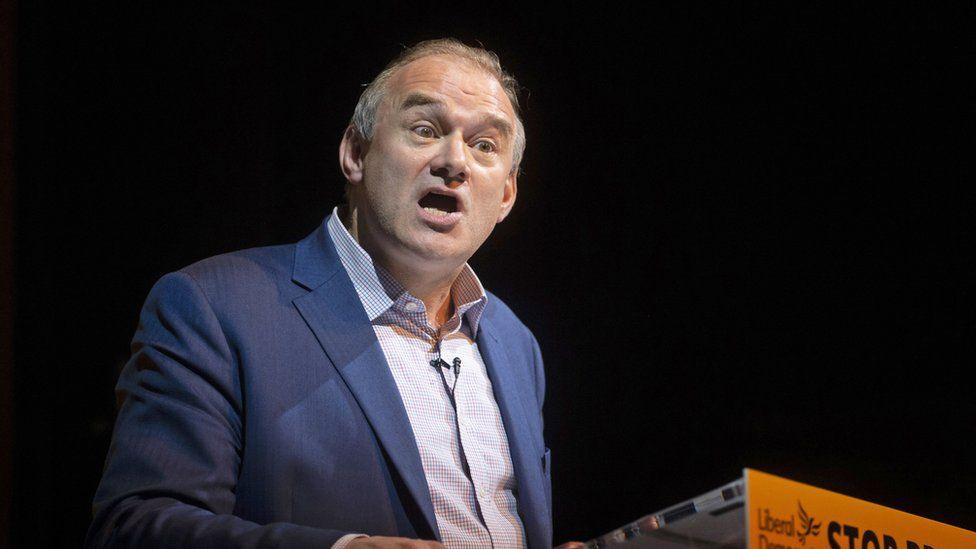
Sir Ed Davey won the Lib Dem leadership race in August 2020
In Croydon, too, a sizeable proportion of councillors are heading for the exit - 29 out of 70.
The Labour-run authority has been grappling with a financial crisis.
About a third of councillors are departing in Camden, Lambeth, Lewisham, Newham, Southwark, Tower Hamlets, Wandsworth and Westminster.
In Wandsworth, 15 Conservative councillors - nearly half the ruling Tory group - are standing down.
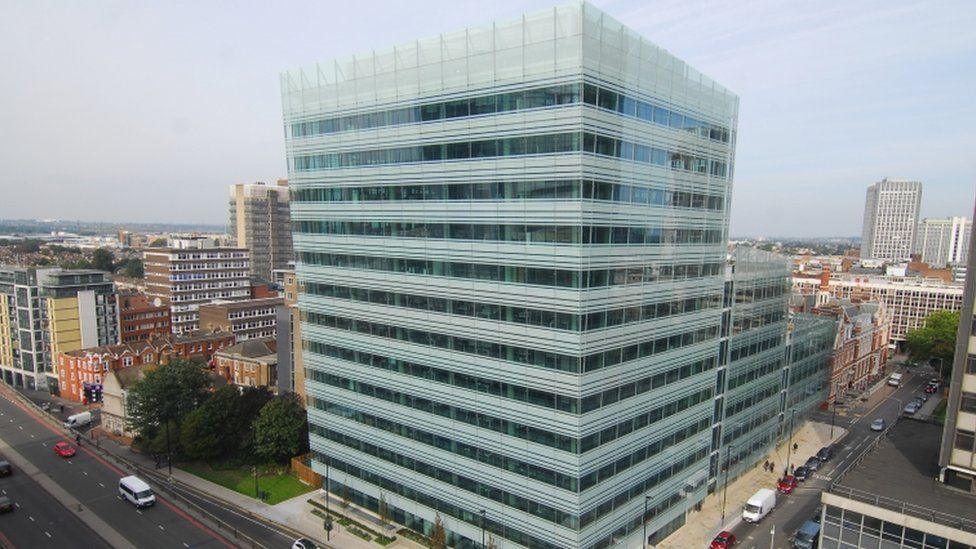
Former Croydon Council bosses were blamed for failing to fulfil their statutory duties, in a damning report into its finances
They have an average service of 12 years and, as Tory leader Ravi Govindia suggests, some have reached "vintage" status.
"They have served well and feel it's time to move on," Mr Govindia says.
"Only one has been in my recent cabinet, so it doesn't challenge stability.
"In fact, changing backbenchers can be refreshing, and provides new talent to promote."
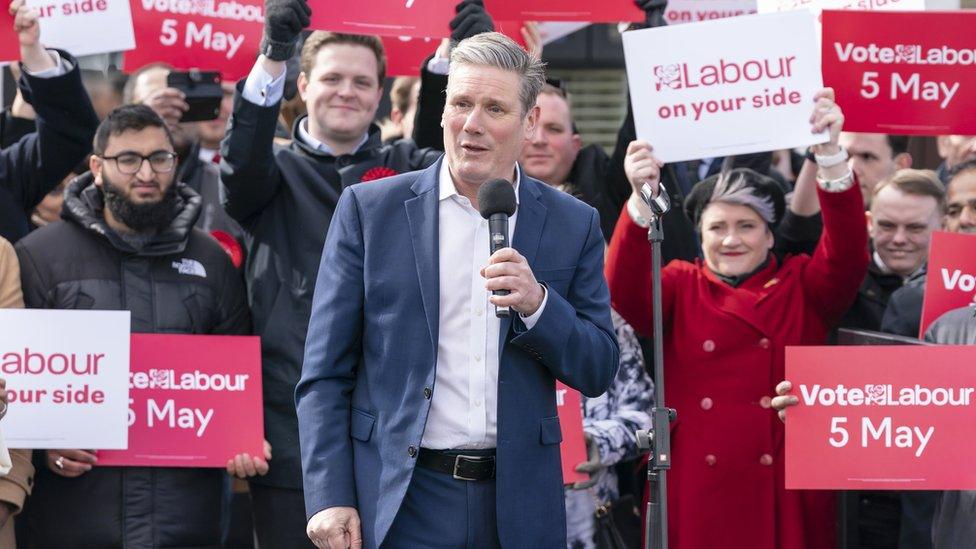
Votes have been slipping away from Labour in recent London by-elections
Many councillors have gone willingly but a good number of departures have not been voluntary.
In what is effectively the one-party borough of Newham, 22 of the 60 Labour councillors are standing down.
Nine of them have been deselected.
In Camden, 17 of the 42 Labour-serving Labour councillors are on the move, a number helped on their way by a party eager for new faces.

Westminster Council has come under fire for the much-derided Marble Arch Mound
Westminster is bidding farewell to 19 councillors in a borough which is bring reduced in size from 60 to 54 seats.
One council communications chief said there was a "generational shift", with many younger candidates coming forward.
'Hard grind'
"I think's there's been disillusionment with politics in general, combined with a sense of fatigue," he said.
"As a councillor you do a lot of the hard grind, nitty-gritty in the community.
"Then you get things like 'Partygate' for the Tories and the impact of Jeremy Corbyn if you're Labour. And councillors just think 'why am I always fighting against national trends and the national picture?'"
In most boroughs the number of seats is being cut and wards reconfigured and one current council leader says boundary changes have also been a factor in some departures.
"If the seat and the area you've been representing for a while changes, and you're having to stand in a ward covering a new area, some sitting councillors don't want to go through that."
- Published8 April 2022
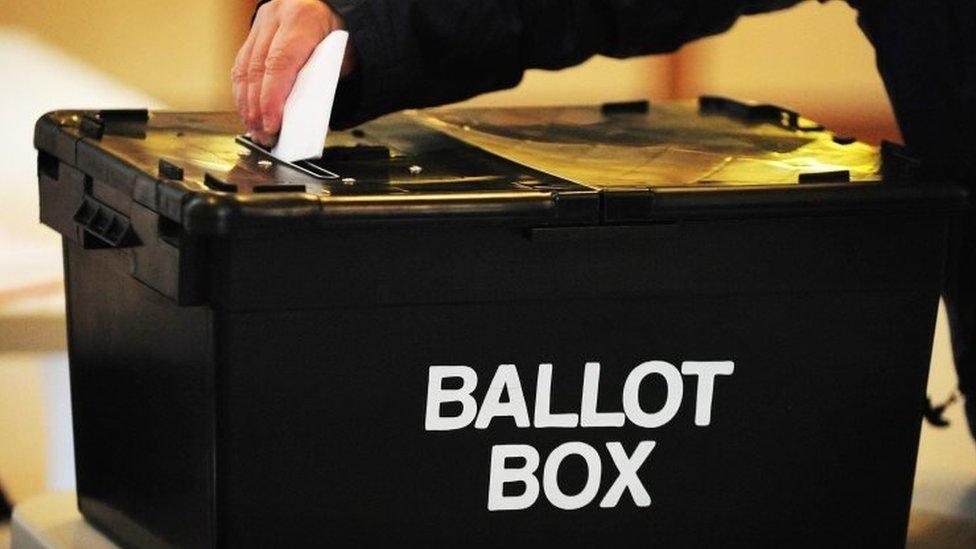
- Published31 March 2021
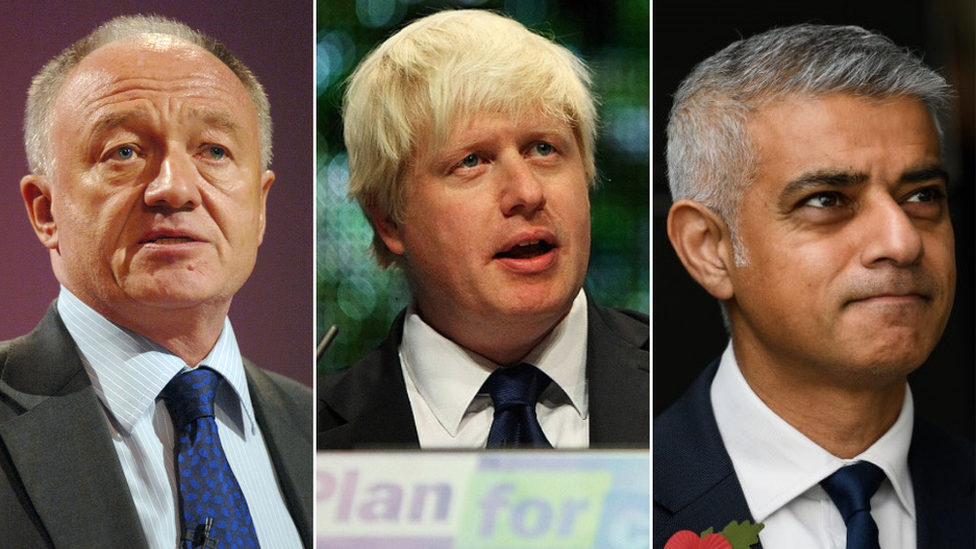
- Published28 March 2022

- Published28 March 2022
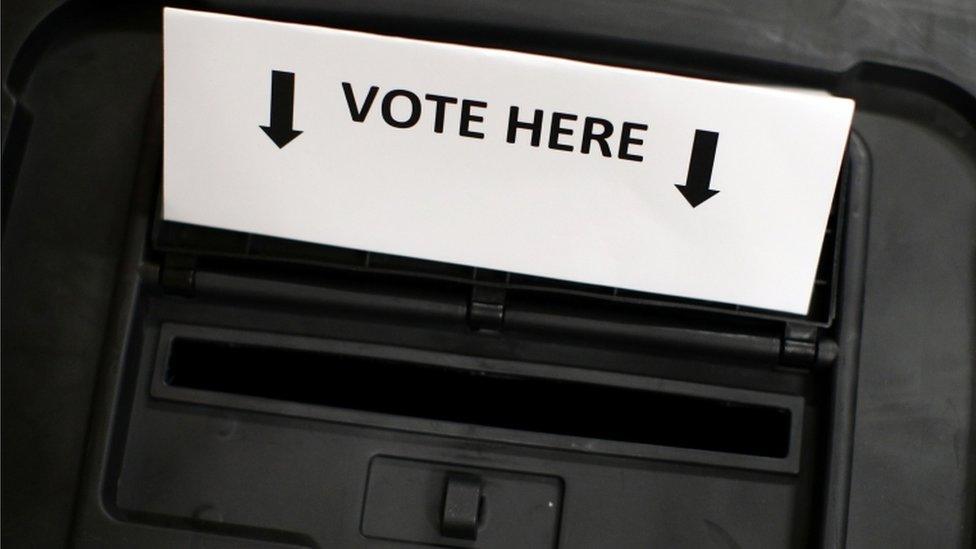
- Published27 January 2022
